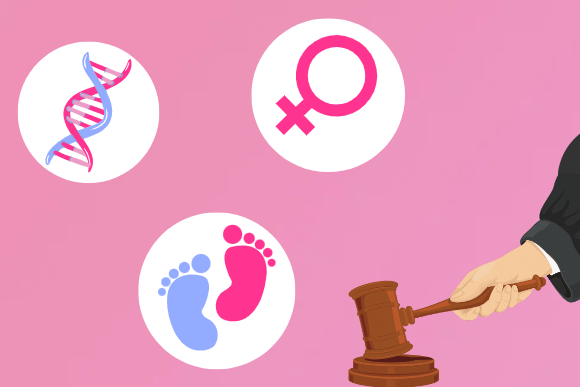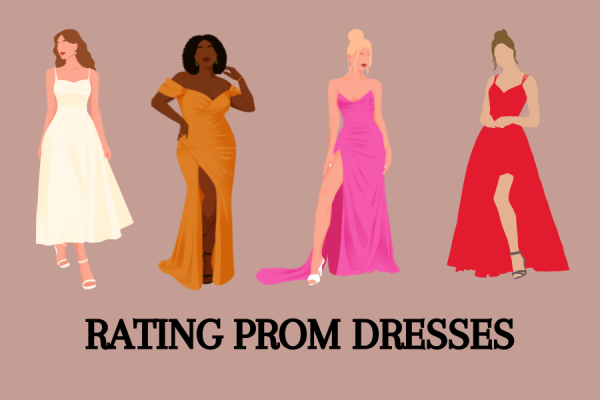Black History Month: Increasing Visibility for African Americans
Since 1976, February has been designated as Black History Month, a time to celebrate and recognize the achievements of African Americans throughout U.S. history. With movies like Hidden Figures, artists like Beyoncé and Nicki Minaj advocating for greater exposure of African American culture, and the nation’s first black president having left office, it seems America has made incredible progress.
But despite the advancement, a recognition of the crucial role of African Americans throughout history and in our lives today is more necessary than ever before. Early this week, a school in New Jersey put out fried chicken and sweet potato casserole to “celebrate soul food and Black History Month.” Lawmakers in North Dakota and Minnesota are working to increase the penalty for protesting. Twenty-nine black men have been killed by police so far in 2017. In general, stereotyping black culture and misunderstanding movements such as Black Lives Matter is still present in this country today.
Throughout the immense, 400-year-long history of African Americans, one idea has been constant; the public, and as an extension of them, the press, only draw attention to acts of discrimination and violence against African Americans when it is convenient. About a year ago, the problem of police brutality was at the forefront of most politics and news. Now, although the violence has not ceased, public attitude has hushed Black Lives Matter into All Lives Matter and has covered up the issue.
One hundred fifty years ago, sentiments throughout both the South and North opposed abolitionist goals. Only 50 years ago, there were vocal and physical attacks against not only the more forceful, defensive Black Power movement, but also the more muted Civil Rights movement led by Rosa Parks and Martin Luther King Jr.. No attempt by African Americans to peacefully enhance their position in society has gone without controversy or hate.
Despite a consistent backlash from other American communities, including other minority groups, African American leaders have devoted their lives to increasing visibility of their culture through sports, arts, politics, and more. They have created a strong and instrumental platform for other voices in the future to speak out. It is our job to not just throw around the words, “intersectional feminism,” “microaggression,” and “stereotype,” but to do our best to understand their places in the lives of marginalized groups, especially African Americans. Our job is to listen to the voices that speak from the established platform, to make an active effort to read, to see, to listen, and to know the multifaceted experience of being a black American.
With a diligent effort for positive and accepting conversation, the historic triumphs and struggles of African Americans throughout the years will be able to come together. As a country, and as human beings, it is for our benefit that we should make the most of this month to celebrate African Americans’ contributions to not only their societies, but our societies as well.

I'm a fierce believer in the written word -- my dream is to live as a writer and a creator. Some other things I love: reading, singing with my choir buds,...










